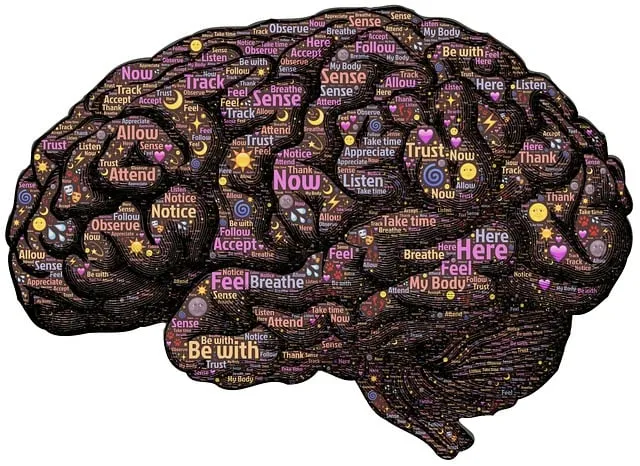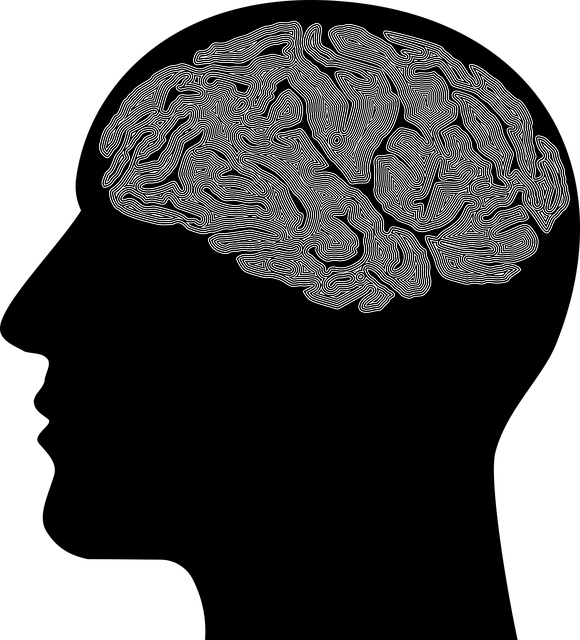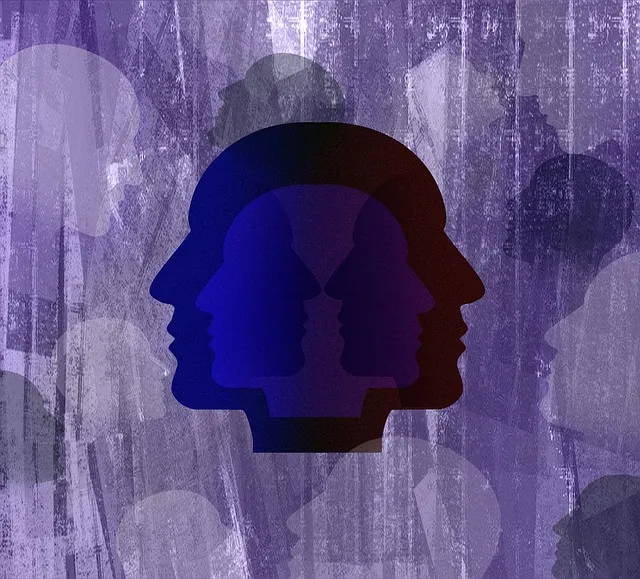Mental health professionals face challenges in accurate diagnosis, leading to misprescriptions like unnecessary medication. The Golden Kaiser mental health classes offer a unique solution by focusing on self-awareness and emotional regulation techniques. Through journaling exercises, mindfulness meditation, and confidence-boosting strategies, these classes enhance diagnostic accuracy, empower individuals, and improve communication with healthcare providers. Their holistic approach fosters resilience and enables early intervention for at-risk populations, ultimately improving patient satisfaction.
Mental illness diagnosis accuracy is a critical area of focus, with misdiagnosis rates significantly impacting patient outcomes. This article explores efforts to enhance diagnostic precision, delving into the challenges and innovative solutions. We examine the role of educational initiatives, particularly the Golden Kaiser Mental Health Classes, in improving diagnostic accuracy through comprehensive training. Additionally, we highlight the power of early intervention as a key strategy to prevent misdiagnosis and foster better patient care.
- Understanding the Challenges: Misdiagnosis Rates and Their Impact
- Innovative Strategies: Enhancing Diagnosis Accuracy through Golden Kaiser Mental Health Classes
- The Role of Education and Early Intervention in Improving Diagnostic Outcomes
Understanding the Challenges: Misdiagnosis Rates and Their Impact

Mental health professionals often face a complex challenge when it comes to diagnosis, particularly with regard to misdiagnosis rates. Studies show that a significant number of individuals receive incorrect labels, which can have profound effects on their treatment and overall well-being. The consequences are far-reaching, impacting not only the person’s ability to access appropriate care but also potentially leading to unnecessary medication or invasive treatments.
Misdiagnosis rates are particularly concerning in cases where mental health conditions overlap or present with similar symptoms. For instance, Golden Kaiser mental health classes highlight the importance of self-awareness exercises and emotional regulation techniques, which can aid in distinguishing between various disorders. Encouraging patients to engage in these activities can enhance accuracy by providing professionals with valuable insights into their unique experiences. By incorporating aspects like mood management strategies, healthcare providers can navigate this intricate landscape more effectively.
Innovative Strategies: Enhancing Diagnosis Accuracy through Golden Kaiser Mental Health Classes

Mental illness diagnosis accuracy can be significantly improved through innovative strategies like the Golden Kaiser mental health classes. These classes integrate a multi-faceted approach to enhance understanding and identification of mental health conditions. By combining mental wellness journaling exercise guidance, mindfulness meditation, and confidence boosting techniques, these programs empower individuals and healthcare professionals alike. Participants gain valuable insights into their emotional states, learn to recognize signs and symptoms, and develop coping mechanisms that facilitate earlier detection and more precise diagnoses.
The Golden Kaiser mental health classes stand out for their holistic nature, focusing not just on identifying issues but also on fostering resilience. Through regular practice of mindfulness meditation, individuals cultivate awareness that enables them to discern subtle changes in mood and behavior. Coupled with reflective mental wellness journaling, this enhances self-awareness and promotes open communication with healthcare providers. As a result, mental health professionals gain clearer pictures of their patients’ experiences, leading to more accurate diagnoses and tailored treatment plans.
The Role of Education and Early Intervention in Improving Diagnostic Outcomes

Education plays a pivotal role in enhancing mental health diagnosis accuracy and improving patient outcomes. Golden Kaiser mental health classes, for instance, are designed to equip individuals with knowledge about various mental disorders, their symptoms, and effective coping strategies. By fostering a better understanding of mental health issues, these educational initiatives empower both patients and healthcare providers. Early intervention is another critical aspect; identifying signs of distress or mental illness promptly can prevent the condition from escalating. Mental health professionals should be trained to recognize subtle indicators, especially in at-risk populations, to initiate timely interventions.
Integrating burnout prevention strategies for healthcare providers into educational curricula is essential. With increasing demands on the healthcare system, Stress Management and Risk Management Planning for Mental Health Professionals become crucial tools. These strategies ensure that mental health professionals can maintain resilience, manage workload stress, and deliver consistent care, thereby improving diagnostic accuracy and patient satisfaction.
Mental illness diagnosis accuracy is a multifaceted issue, with misdiagnosis rates impacting patient care and outcomes. Innovative strategies, such as the implementation of Golden Kaiser mental health classes, offer promising solutions. By combining education and early intervention, these programs empower individuals to recognize and manage their symptoms effectively. This holistic approach, coupled with ongoing research and improved diagnostic tools, holds the key to enhancing overall mental health support and ensuring more accurate, timely, and personalized treatment plans for all.






